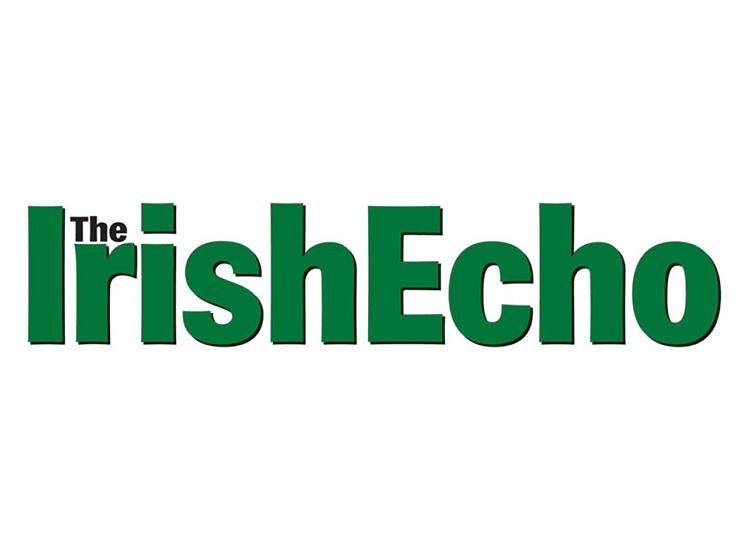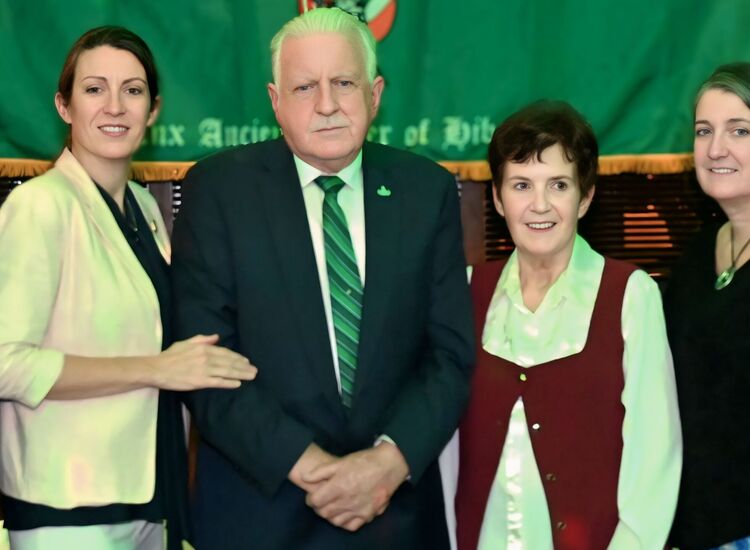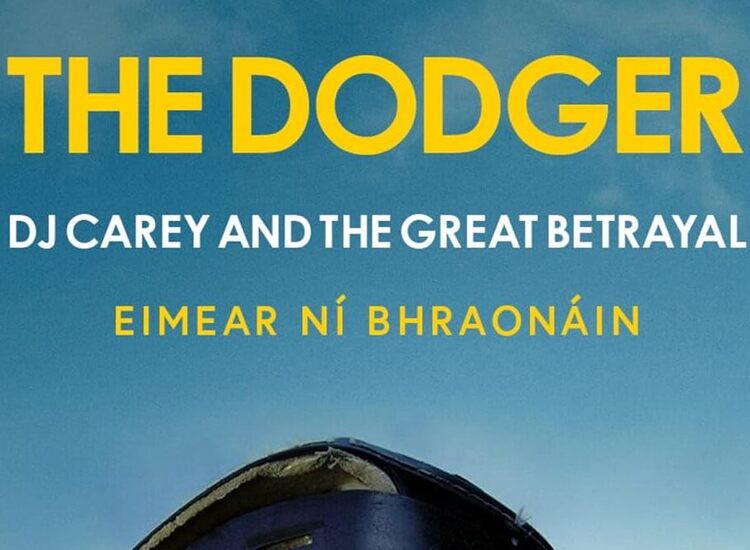Fionn Ferreira
By Irish Echo Staff
“Plastics Benjamin.”
The line from the 1960s movie “The Graduate” was a harbinger of things to come.
The problem since has been too many things coming on stream made of plastics.
But an Irish teenager named Fionn Ferreira could be a harbinger of better days to come, especially for the plastics-saturated oceans.
CNN was reporting today that a walk on the beach led Fionn to develop his project on microplastic extraction from water - this for the annual Google Science Fair held in Mountain View, California.
The project won Fionn the grand prize of $50,000 in educational funding.
The prize for the rest of humanity is potentially far greater.
According to the CNN report, which follows on from other reports in Ireland this week, the 18-year-old said that while he was out on that walk in his coastal hometown of Ballydehob in County Cork he ran across a stone with oil and plastic stuck to it, something he says he's become more aware of in recent years.
"I was alarmed to find out how many microplastics enter our wastewater system and consequently the oceans," he wrote in his science project.
Fionn’s alarm got him to thinking about a workable extraction method.
Stated the CNN report: “Microplastics are pieces of plastic that are typically less than 5 millimeters long, according to the National Oceanic and Atmospheric Administration.
The agency says plastic is the most common type of marine debris found in our oceans and Great Lakes. In even smaller pieces, it's used as an exfoliator in face wash, body scrubs and toothpaste.
“Because of the tiny size of these microplastics, they're able to pass through water filtration systems and ultimately harm marine life and damage oceans.
“Americans alone eat, drink and breathe between 74,000 and 121,000 microplastic particles each year depending on their age and sex, according to a recent study. If you drink bottled water only instead of tap water, you can add up to 90,000 plastic particles to your estimated intake.
“In the presence of water, ferrofluids -- nontoxic magnetic liquids made up of oil and magnetite, an iron-based rock mineral, attract the microplastics because both have similar properties.
Fionn got to work. He aadded oil and magnetite to water and mixed in a solution emulating plastic waste in the ocean.
When the microplastics latched on to the ferrofluids, Fionn dipped a magnet into the solution three times to remove both substances, leaving clear water.
“After a little over 950 tests, the method was 88% effective in removing a variety of microplastics from water, surpassing Ferreira's original hypothesis of an 85% removal rate.
“Ferreira said his passion for science and technology came from his curiosity around nature and the environment. He's excited to further his education at the University of Groningen's Stratingh Institute for Chemistry in the Netherlands starting in the fall.”
"I want to encourage others by saying you don't have to test everything in a professional lab," he said. "That's why I built my own equipment."
Fionn told RTÉ radio’s Morning Ireland that his project had been inspired by where he lives.
“Of course, I'm in West Cork, right beside the seaside, I go kayaking, I go sailing, that of course had a huge impact on this project. Here, even at this science fair I was highlighting that West Cork was one of my true inspirations.”
Fionn described winning the award (he came tops of 24 grand finalists) as “so exciting and so inspiring that such an amazing panel of judges decided to choose me as the Google Science Fair winner 2018/19.”








